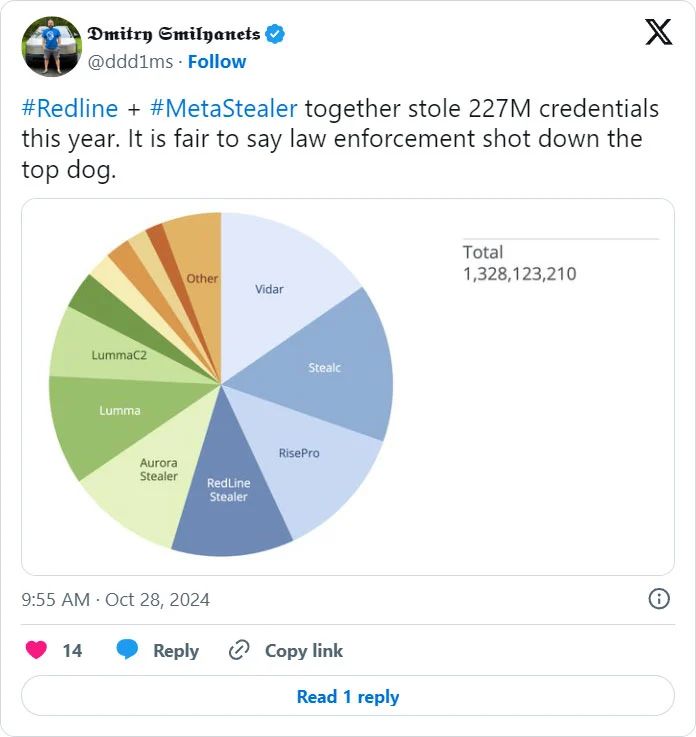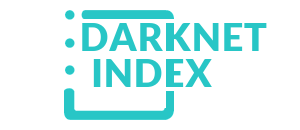The darknet, also known as the dark web, is a concealed section of the internet that's inaccessible via standard search engines. You can only access it using special software, settings, or authorization. This area comprises websites and content that are purposely kept hidden from public view.
Accessing darknet requires using Tor Browser, a special web browser that routes your internet traffic through a global network of relays managed by volunteers. This way, it becomes very difficult to trace which websites you're visiting, and these sites won't know where you are located.
When visiting the dark web, use a secure browser like Tor, do not reveal any of your personal information, and don't open suspicious files or links to stay safe.
The Darknet is often utilized for secure communication, discreet information or file sharing, anonymous research without identity exposure, and occasionally for engaging in illicit activities. It is also recognized for hosting underground black markets(darknet markets), whistleblowing platforms, and discussion boards that champion freedom of speech.
While accessing Darknet Markets themselves is typically not against the law in most places, engaging with illicit goods within them is generally considered a crime. On the other hand, some people might visit Darknet Markets for lawful purposes such as research, journalistic work, or simply to explore online communities. It's essential to know the local laws regarding online activities, and be cautious when using these platforms to avoid any potential issues.
Dutch Police Take Down Redline and Meta Infostealer Networks in Major Operation
In a significant crackdown on cybercrime, the Dutch National Police have dismantled the infrastructure supporting the Redline and Meta infostealer malware operations as part of "Operation Magnus." Authorities are alerting cybercriminals that their data is now under law enforcement control.
A dedicated website announced the disruption of two malware operations. It said legal proceedings based on the seized data are underway.
On October 28, 2024, the Dutch police, with the FBI and other partners, successfully targeted the Redline and Meta infostealers. A brief statement on the Operation Magnus site outlined the operation. It emphasized that those involved will be notified as legal actions unfold.
Redline and Meta are infamous infostealer malware. They steal sensitive data from infected devices. This includes login credentials, cookies, browsing history, and crypto wallet details. This stolen data is often sold on the darknet markets or leveraged for extensive network breaches, resulting in data theft and ransomware attacks.
The operation received support from various international agencies. They included the FBI, NCIS, the U.S. Department of Justice, Eurojust, the UK's National Crime Agency, and police from Portugal and Belgium.
A related video said, "final update" for Redline and Meta users. Law enforcement now has their account credentials, IP addresses, and activity logs. This could help track the cybercriminals involved.
Authorities have accessed vital parts of the malware's infrastructure. This includes the source code, server info, and tools used by the threat actors. This discovery suggests that Redline and Meta may share a common origin, with the same developers behind both malware variants.
Cybersecurity expert g0njxa highlighted that these malware operations were previously sold through Telegram bots, which have since been removed. Paul Foster, Deputy Director of the UK's National Crime Agency, said that we must cooperate internationally. It is vital to dismantle the criminal networks that support these types of malware.
The Dutch police have a history of proactively warning cybercriminals post-operation, reinforcing the message that anonymity is an illusion. After the takedown of the Emotet botnet, they used forum accounts to warn hackers of ongoing surveillance.
As part of Operation Magnus, the Dutch police are using similar tactics. They are messaging forums to notify criminals of the hacked Redline and Meta systems. A direct message sent to suspected offenders stated, "Your client data is part of this dataset. We are reviewing this data as part of an ongoing internationally coordinated investigation."
The rise of infostealer malware has become a pressing issue for businesses, with stolen credentials frequently appearing on darknet markets. The threat landscape has changed. Attackers now exploit zero-day flaws, fake VPNs, and other tactics to spread infostealers.
Redline, launched in 2020, has been a major player in credential theft. MetaStealer, introduced in 2022, was marketed as an improved version of Redline. Despite its name, the Meta operation recently disrupted is distinct from another malware targeting macOS devices.
According to Dmitry Emilyanets from Recorded Future, Redline and MetaStealer have collectively stolen an estimated 227 million credentials in 2024 alone. Overall, Redline has been responsible for nearly one billion credential thefts since its inception.

Recent reports indicate that Redline was involved in stealing over 170 million passwords in just six months, contributing to some of the largest breaches in recent history, including significant attacks on healthcare systems and corporate networks.
Authorities plan to release more information about the operation, the seized infrastructure, and potential arrests in the coming days.
